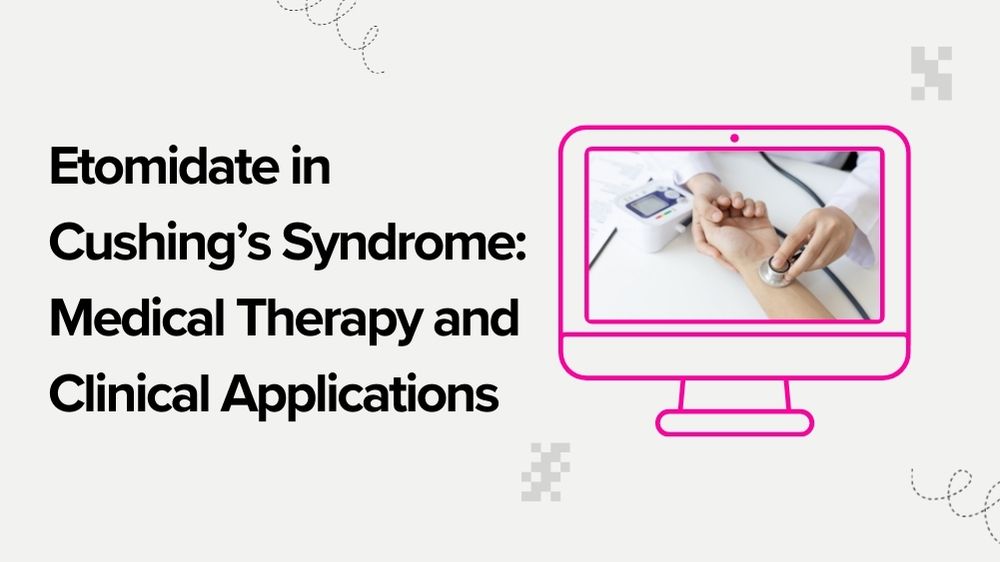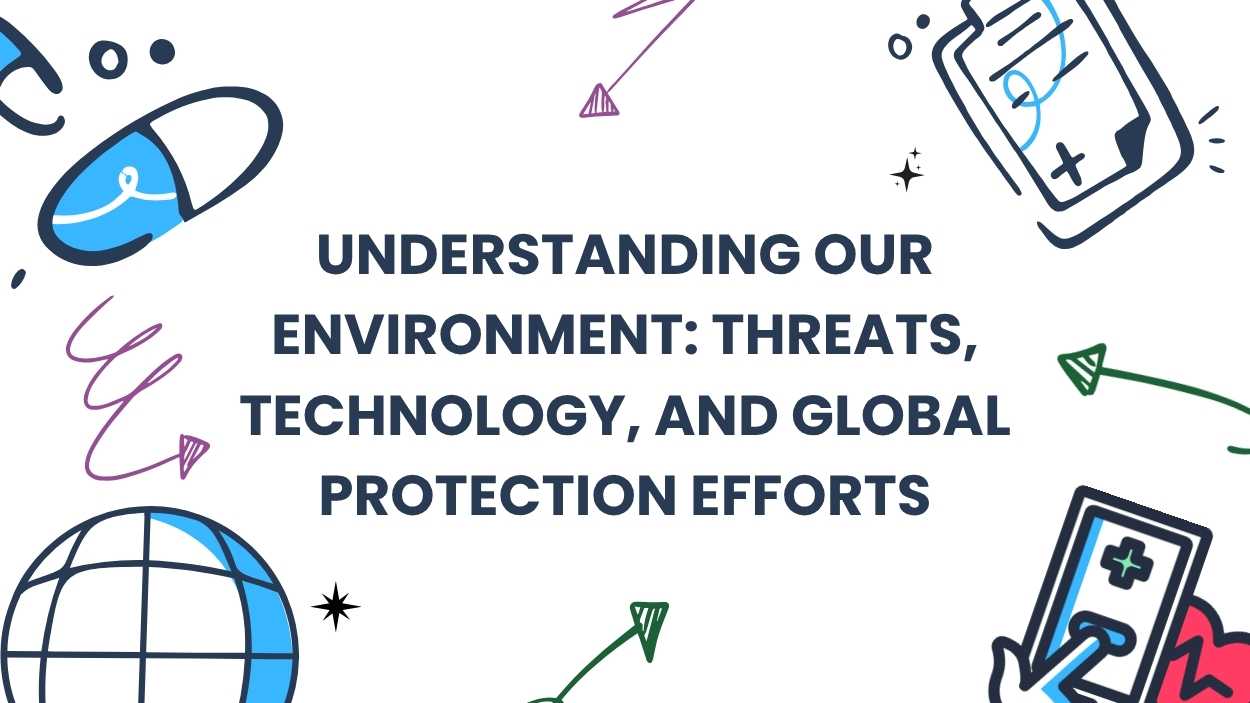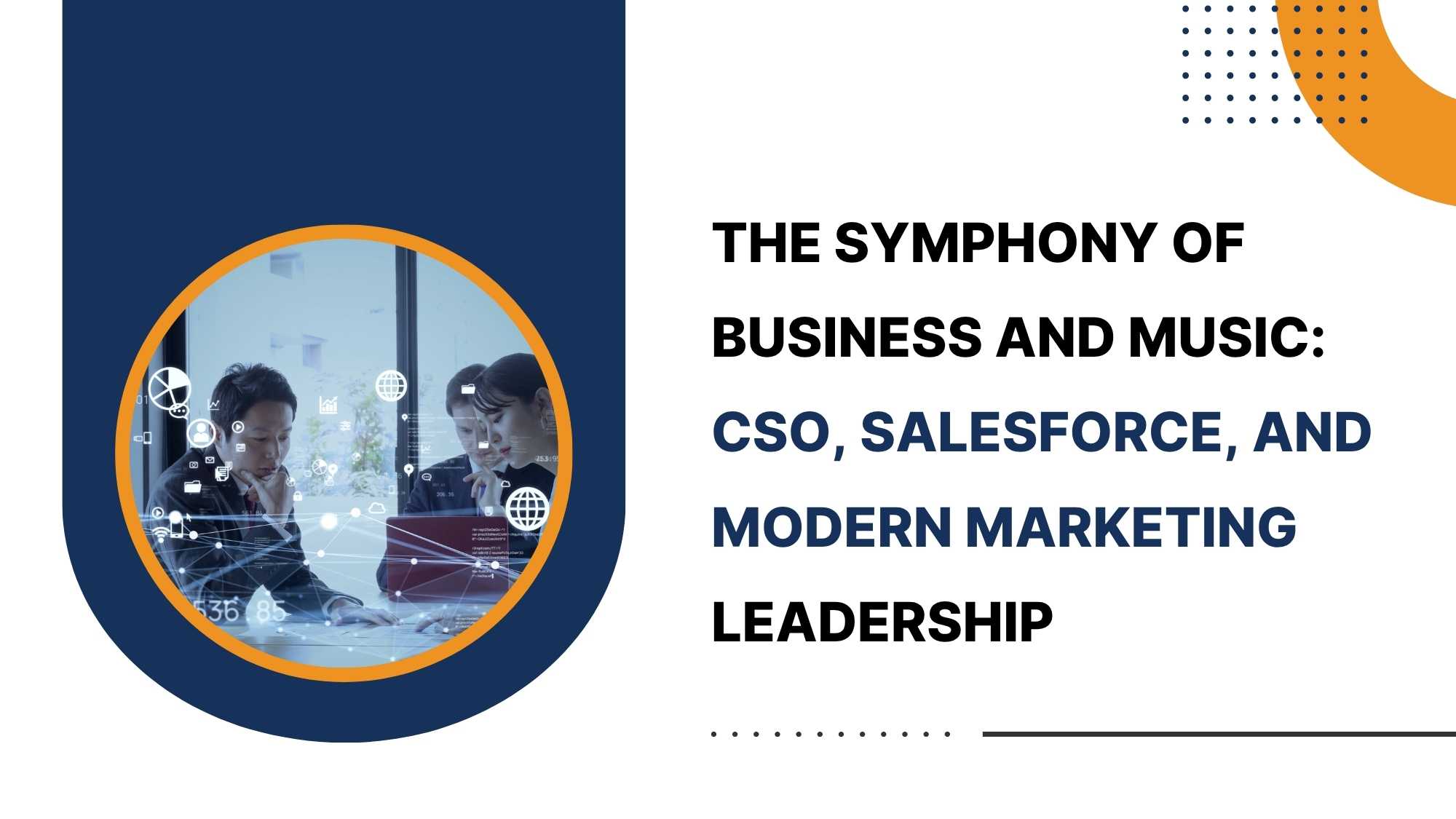The world of education is undergoing a profound transformation. What began as a shift toward online learning has evolved into a full-scale digital revolution powered by artificial intelligence (AI), data analytics, and interactive technologies. From computers & education journals to the International Journal of Educational Technology in Higher Education, research is clear: AI in education is redefining how we teach, learn, assess, and collaborate. It’s not merely about automation—it’s about amplifying human potential.
As societies face rapid change across the economy, environment, and industry, education must evolve to equip learners with skills in critical thinking, problem-solving, and adaptability. Technology is no longer an accessory—it’s an essential learning partner.
The Role of AI in Modern Education
Artificial intelligence has shifted from being a futuristic concept to an everyday classroom reality. In higher education, AI systems now support assessment & evaluation in higher education, help instructors personalize learning, and even provide tutoring through adaptive platforms. Machine learning algorithms analyze student data to identify strengths, weaknesses, and engagement levels, enabling educators to tailor instruction accordingly.
In medical education, for example, AI-driven simulations recreate surgical procedures, allowing students to practice complex operations without risk. In construction and engineering fields, intelligent modeling tools teach design and project management through virtual environments. In marketing and business programs, predictive analytics train students to interpret market behavior. Across disciplines, AI bridges theory and practice by providing immersive, responsive learning experiences.
AI’s presence in education is not to replace teachers but to empower them—streamlining administrative tasks and freeing more time for creative instruction, mentorship, and emotional connection.
Computers and Education: The Foundation of Digital Learning
Decades before AI became mainstream, the Computers & Education field laid the groundwork for technological innovation in teaching. Studies in journals such as Education and Information Technologies and the Journal of Science Education and Technology emphasized how computers could support cognitive growth and critical thinking. Today, that foundation has expanded into a seamless integration of computers and artificial intelligence.
Modern classrooms—physical and virtual—rely on AI-enhanced tools for collaboration, research, and exploration. Platforms inspired by Google Scholar and Academy of Management Learning & Education have made academic content more accessible to researchers and students alike. With a few clicks, learners can connect, share, and find relevant material, enabling a community of knowledge without borders.
In higher education, computational learning also supports disciplines like computer programming, where intelligent coding assistants and AI-based tutors guide students through real-time problem-solving. The result is an education system that is both rigorous and inclusive, adaptable to the pace and potential of every learner.
Interactive Learning Environments and Active Engagement
The rise of interactive learning environments has revolutionized traditional instruction. These digital ecosystems allow students to engage dynamically with content through visualization, simulation, and collaboration. Whether in active learning in higher education or K–12 classrooms, technology now encourages exploration rather than passive absorption.
Virtual reality and augmented reality tools recreate historical events, biological processes, and physical environments—transforming abstract concepts into tangible experiences. In physical education, motion-tracking and biofeedback systems monitor performance and encourage improvement. Students studying natural environment sciences can now conduct virtual fieldwork, analyzing ecosystems in 3D simulations.
AI’s integration into interactive learning environments enhances engagement further by adapting in real time. It measures comprehension, recommends content, and even adjusts teaching style based on emotional and cognitive cues. Education is no longer confined to static textbooks—it’s an evolving dialogue between human curiosity and digital intelligence.
Assessment and Evaluation in Higher Education
In universities worldwide, assessment & evaluation in higher education is undergoing a digital renaissance. AI tools analyze data from essays, quizzes, and participation metrics to provide meaningful feedback. Rather than focusing solely on grades, evaluation now emphasizes growth, understanding, and reflection.
For college students, these innovations mean more personalized feedback and opportunities for self-assessment. Instructors benefit from comprehensive dashboards that visualize learning patterns, enabling timely interventions. The ultimate goal is fairness and accuracy—eliminating human bias while ensuring transparency.
Meanwhile, journals of research on technology in education and Learning and Instruction studies reveal that AI-based evaluation promotes deeper critical thinking by encouraging students to articulate reasoning, creativity, and problem-solving skills. The technology does not replace human judgment; it refines it.
The Influence of AI on Higher Education Research
Research institutions and academic journals play a crucial role in documenting how AI shapes learning. Publications such as Academy of Management Learning & Education, Learning and Instruction, and Education and Information Technologies continuously explore how technology reshapes pedagogy. These sources examine how data-driven instruction influences academic motivation, collaboration, and team-based learning.
In fields like management and leadership education, AI-driven case simulations allow students to make strategic decisions in realistic virtual business settings. The Academy of Management Learning and Education has emphasized that the combination of analytics and reflective thinking prepares graduates to lead with both intellect and empathy.
The Human Side of AI and Education
Despite the growing digital presence in classrooms, human connection remains central to learning. Teachers, mentors, and peers create a community where knowledge thrives through discussion, collaboration, and empathy. AI enhances this network by facilitating accessibility—supporting differently abled learners, translating languages in real time, and offering 24/7 assistance for students in different time zones.
For students pursuing a Bachelor’s degree or engaging in lifelong learning, this interconnected model makes education more inclusive and global. The integration of AI doesn’t diminish human touch—it amplifies it, ensuring that every learner is seen, heard, and supported.
Medical and Vocational Education: AI as a Learning Partner
In medical education, AI helps future doctors diagnose through pattern recognition and predictive analytics. Radiology, pathology, and pharmacology programs now integrate machine learning models to train diagnostic precision. Similarly, in construction and technical fields, AI assists in building information modeling (BIM) and safety simulations. These innovations prepare students for real-world challenges, reducing error and improving efficiency.
AI also supports guardian childcare & education systems, where it assists in developmental tracking, personalized learning for children, and enhanced parent-teacher communication. Such applications show how education technology extends beyond universities into early learning and care environments.
The Broader Economic Role of Education Technology
The intersection of AI in education and the economy is undeniable. Education technology has become a significant driver of innovation, entrepreneurship, and employment. As industries evolve, the demand for digital literacy, critical thinking, and interdisciplinary collaboration grows. AI-powered education ensures that learners acquire not just technical skills, but also the adaptability to thrive in complex economies.
In marketing, management, healthcare, and environmental science, AI-enhanced education provides a foundation for continuous upskilling. Learning is no longer limited to classrooms—it’s embedded in careers, communities, and everyday life.
The Philosophy of AI and Minimalism in Learning
Interestingly, the digital era has also inspired a shift toward minimalist education—focused on clarity, purpose, and meaning rather than information overload. The goal is not to teach more, but to teach better. AI supports this minimalist lifestyle of learning by simplifying access to information and helping students prioritize what matters most. Platforms powered by AI encourage mindful study, balance, and curiosity—values that reflect not only technological advancement but human wisdom.
Conclusion: The Future of Learning Is Intelligent and Human
The fusion of AI and education marks a new chapter in human development. From journals like Education and Information Technologies to innovations in interactive learning environments, the message is clear: learning is becoming more intelligent, adaptive, and humane.
Whether through personalized tutoring, real-time assessment, or community-based collaboration, AI in education empowers both teachers and students to connect deeply with knowledge. The ultimate purpose of education has not changed—to prepare individuals to think, feel, and contribute meaningfully. What has changed is the scale and sophistication of how that mission is achieved.
AI will never replace the teacher’s heart, the student’s curiosity, or the shared joy of discovery. But it will help amplify them—creating a symphony of intelligence, empathy, and endless possibility in the classrooms of tomorrow.












